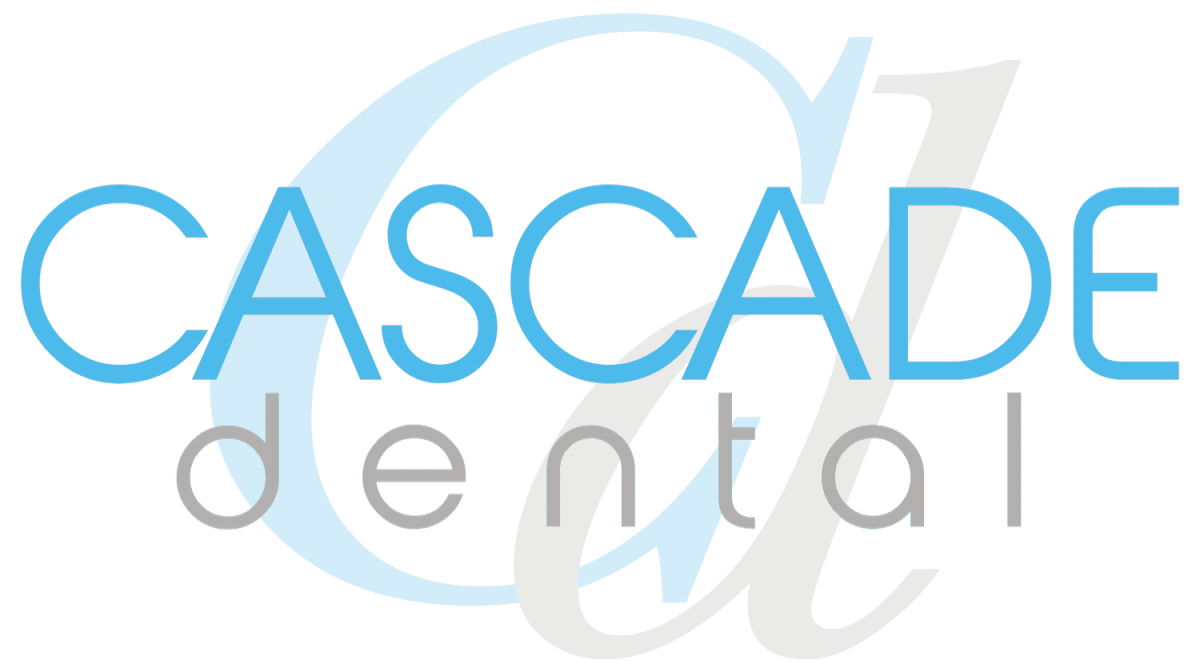At some point or another, we’ve all found ourselves feeling a little overwhelmed at the dentist's office. From the moment you enter, it can feel like everyone around you is speaking in an entirely different language. It can be difficult to differentiate between terms like “bridges” and “crowns” or “fillings ” and “bonding.”
What Are The Jargons Of Dentistry?
Knowing the basics of dental jargon can help you feel more informed about your oral health and make it easier to have a conversation with your dentist. To help you out, here is a guide to decoding some of the most common dental terms.
- Bridges: Bridges serve as replacements for one or multiple missing teeth, featuring two crowns on both ends, joined by a false tooth in the center.
- Crowns: A crown is used to cover and strengthen a damaged or decayed tooth.
- Fillings: Fillings are employed to address cavities resulting from tooth decay. They can be crafted from diverse materials, including composite resin, porcelain, and even gold.
- Bonding: Bonding is the process of using a tooth-colored composite resin to restore the shape and/or color of a tooth. It can also be used to fill in gaps or chips in teeth.
- Veneers: Veneers consist of porcelain thin shells applied to the front of a tooth, enhancing the look of teeth with chipping or discoloration issues.
- Root Canal: A root canal is a dental treatment employed to eliminate infected pulp from the interior of a tooth, followed by sealing it with a crown.
- Inlays/On- Inlays and onlays are two types of dental restorations that are used to replace a portion of the enamel on a tooth. Inlays fill in the cusps, or tops, of the tooth while onlays cover one or more of the cusps as well as part of the chewing surface.
- Dentures: Dentures are removable substitutes for lost teeth and the tissues around them. They are available in two primary forms: partial dentures, which replace a portion of missing teeth, and full dentures, which replace all teeth in either the upper or lower arch or both.
- Gingiva: The gingiva is the medical term for your gums, the pinkish tissue that surrounds and protects your teeth.
- Periodontal Disease: describes gum diseases that impact the tissues supporting and surrounding the teeth. Gingivitis, an early stage of periodontal disease, is characterized by inflamed gums, while periodontitis is a more advanced stage with potential damage to the bone supporting the teeth.
- Bruxism: Bruxism is the habitual grinding or clenching of teeth, often occurring unconsciously, especially during sleep. It can lead to tooth wear and jaw discomfort.
- Scaling and Root Planing: Dental hygienists or dentists perform this thorough cleaning procedure to eliminate tartar (calcified plaque) both above and below the gumline. Root planing smoothens the tooth's root surfaces to promote gum tissue healing.
- Prosthodontics: Prosthodontics is a dental specialty dedicated to crafting and fitting artificial replacements for missing teeth and various oral structures. Prosthodontists are experts in creating dental prosthetics like dentures, bridges, and crowns.
- Oral Surgery: This branch of dentistry involves surgical procedures within the mouth. It includes tooth extractions (including wisdom teeth), dental implants, jaw surgery, and more.
- Orthodontist: An orthodontist is an expert dedicated to diagnosing, preventing, and rectifying issues with teeth and jaw misalignment, often employing methods like braces or transparent aligners to create more aligned smiles.
- Pediatric Dentistry: Pediatric dentists, or pediatricians of dentistry, specialize in dental care for children and teenagers. They are skilled in making dental visits a positive and comfortable experience for young patients.
- Crown Lengthening: Crown lengthening is a surgical procedure that involves the removal of gum tissue and sometimes bone to expose more of a tooth's surface. It is often done to prepare a tooth for a crown or to correct a "gummy" smile.
- Occlusion: Occlusion refers to the alignment and contact between the upper and lower teeth when the jaw is closed. Proper occlusion is essential for a healthy bite and prevents issues like TMJ disorders.
- TMJ (Temporomandibular Joint) Disorder: TMJ disorder manifests as discomfort and impaired function in the jaw joint and the muscles governing jaw movement. Its symptoms encompass jaw pain, headaches, and challenges with chewing.
Now that you better understand dental terminology, you can feel more confident when speaking with your dentist. Remember that it is always important to ask questions if there is something that you don't understand. When it comes to oral health, the more knowledgeable you are about what's going on in your mouth, the better!
Why Is It Important To Learn Dental Terminology?
Learning about dental terminology is essential for any homeowner looking to properly take care of their teeth! In this blog post, we'll explore why understanding different terms related to dentistry is key to taking the best possible care of your mouth.
- Effective Communication: Understanding dental terms allows you to communicate effectively with your dentist and dental healthcare team. It ensures you can discuss your oral health concerns, treatment options, and any questions you may have.
- Informed Decision-Making: When you know the meanings of dental terms, you can make informed decisions about your oral healthcare. You'll have a clearer understanding of the procedures, treatments, and recommendations provided by your dentist.
- Preventative Care: Dental terminology helps you grasp the importance of preventative dental care. When you understand terms like "gingivitis" (early gum disease) or "cavity," you're more likely to take steps to prevent these conditions through proper oral hygiene.
- Oral Health Education: Learning dental terminology is an essential part of oral health education. It empowers you to take better care of your teeth and gums, which can lead to improved overall health.
- Advocating for Your Health: Knowledge of dental terms enables you to advocate for your oral health. If you have specific concerns or conditions, you can discuss them confidently with your dentist, ensuring you receive the appropriate care.
- Reduced Anxiety: Dental visits can be anxiety-inducing for some people. Understanding the terminology can demystify the process and make dental visits less intimidating.
- Compliance with Treatment Plans: When you comprehend your treatment plan, including the terminology used, you're more likely to follow through with recommended treatments and maintain better oral health.
- Health Literacy: Dental terminology is part of health literacy, which is crucial for overall well-being. Being health literate means you can navigate healthcare systems, understand health information, and make informed choices.
- Early Detection of Issues: With knowledge of dental terms, you may be more likely to notice early signs of dental problems. This can lead to early intervention and better outcomes.
- Confidence: Learning dental terminology can boost your confidence during dental visits. When you understand what your dentist is saying and can ask informed questions, you become an active participant in your oral healthcare.
Acquiring knowledge of dental terminology is a valuable skill that empowers you to manage your oral health effectively, engage in meaningful conversations with dental experts, and make well-informed choices regarding your dental well-being. This knowledge ultimately enhances your overall health and fosters a positive and confident dental experience.
Should Dental Professionals Avoid Jargon When Speaking To Patients?
Dental professionals should always strive to communicate with their patients in a manner that is both clear and concise. Although some technical terms, such as ‘crown’ or ‘bonding’ may be necessary for the professional to explain certain treatments, they need to avoid jargon whenever possible. Patients can easily become confused by medical terminology and may feel overwhelmed by the unfamiliar language.
To ensure that everyone involved in a dental procedure is on the same page, professionals should explain treatments as clearly and concisely as possible. When speaking with patients, they should focus on using simple language and avoiding acronyms or technical terms whenever possible.
For example, rather than saying “I am going to apply a bonding agent on your tooth”, a dentist should say “I am going to put a special glue-like material on your tooth.”
In addition to using simple language, dental professionals need to be mindful of the tone and body language they use when speaking with patients. A friendly and professional demeanor can help create an atmosphere of trust and understanding between the patient and the dental professional. The patient should feel comfortable asking questions and expressing any concerns they may have.
Avoiding jargon and using simple language can help ensure that everyone involved in a procedure is on the same page, which will lead to better outcomes for both parties.
Trust Cascade Dental for Your Dental Needs!
We understand that it can be overwhelming when hearing terms you don't recognize while visiting the dentist. That's why we've put together this guide to give you an overview of common dental terms.
If you're looking for a dentist in your local area, you can count on Cascade Dental for your oral health needs. Our team of highly trained dentists specializes in a variety of areas, from general and preventive care to cosmetic dentistry. Contact us today to schedule an appointment!
If there's anything else you'd like to learn more about, don't hesitate to ask us! We're here to help you get the most out of your visit.





























